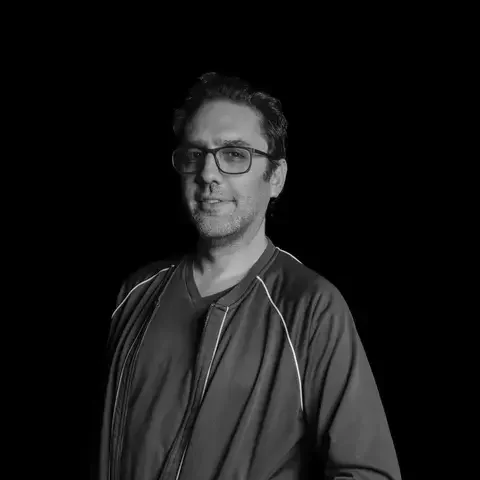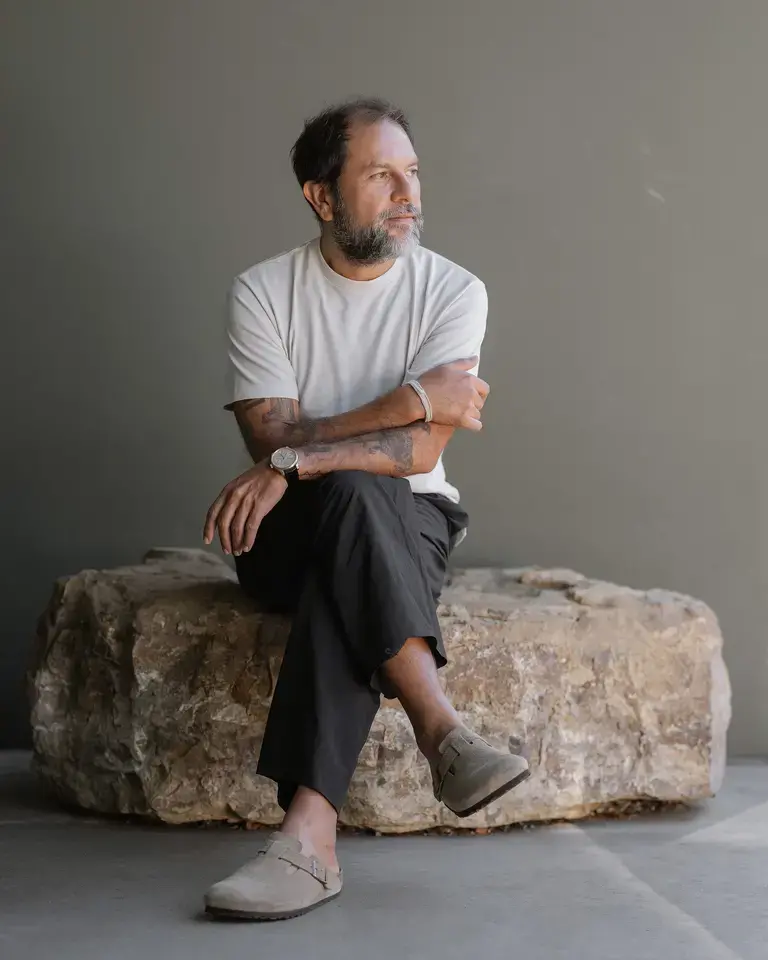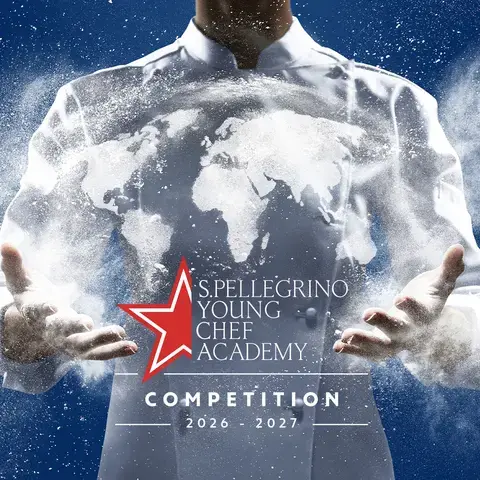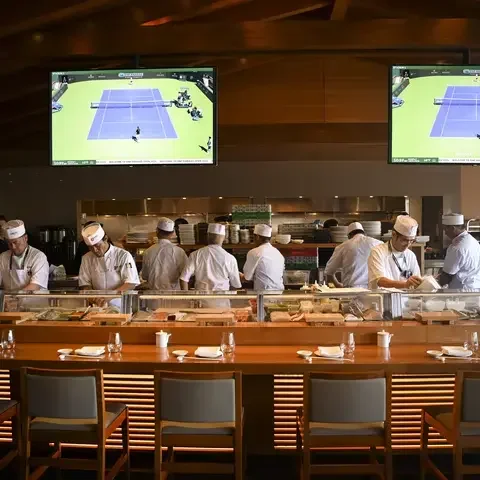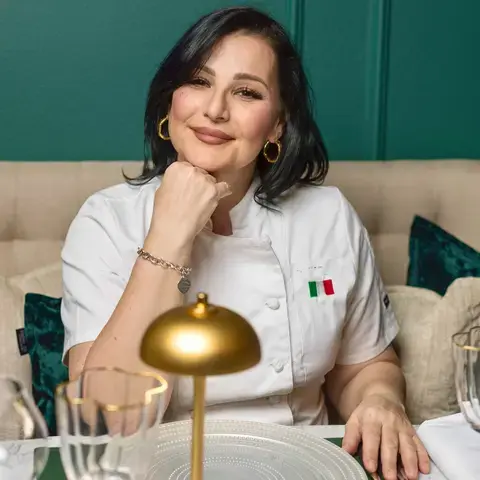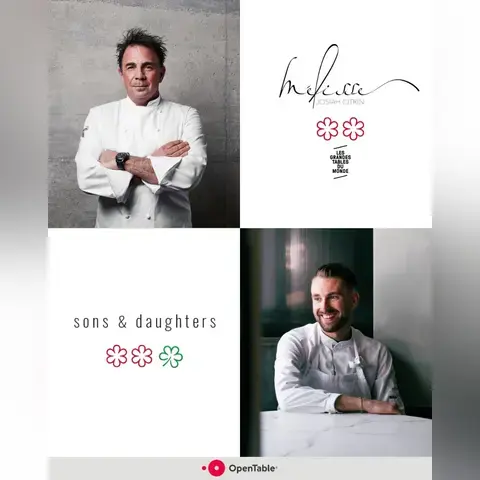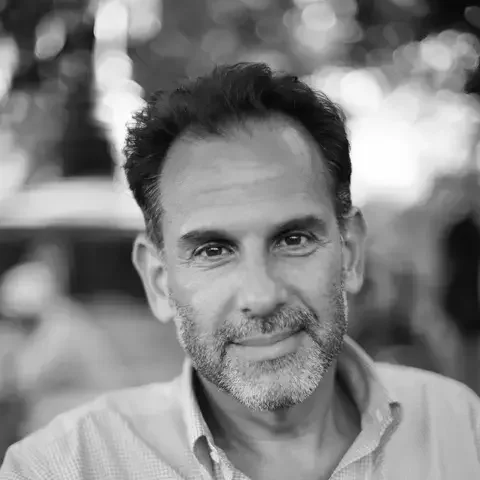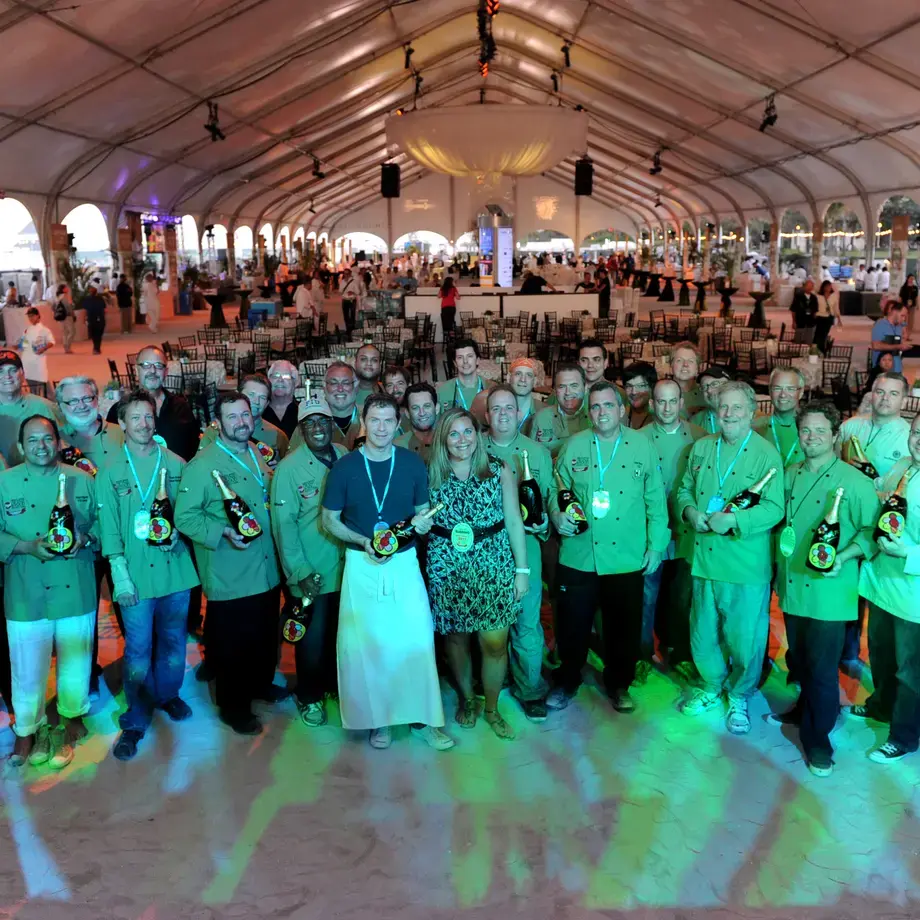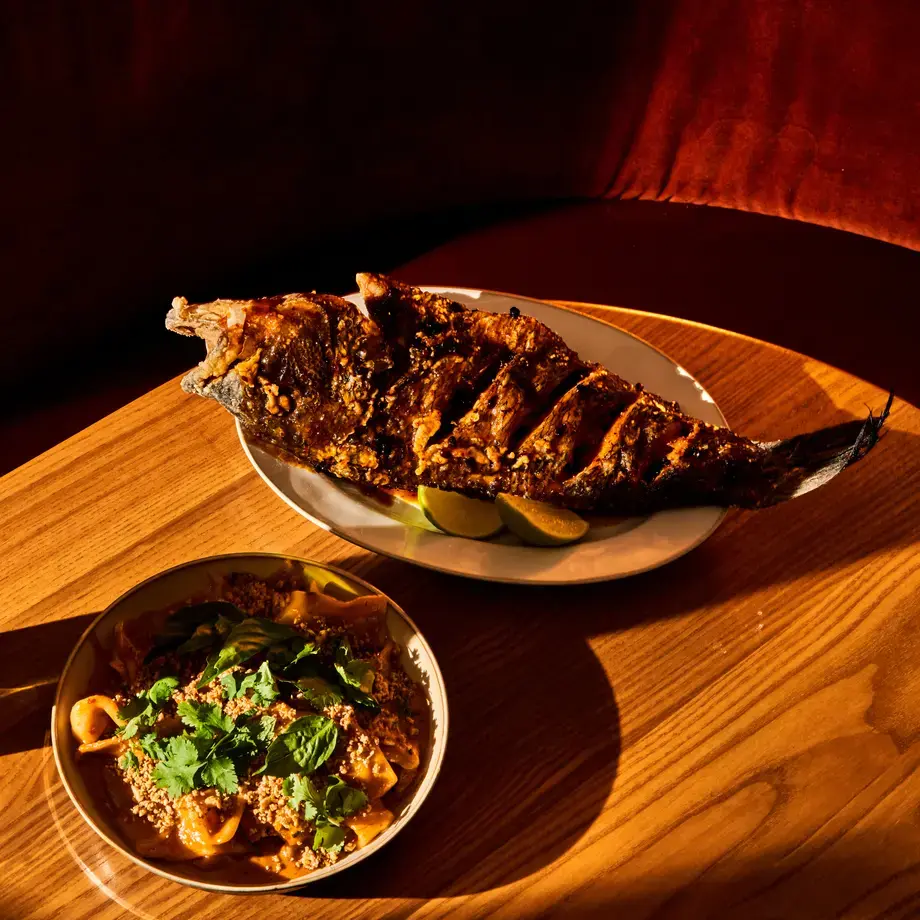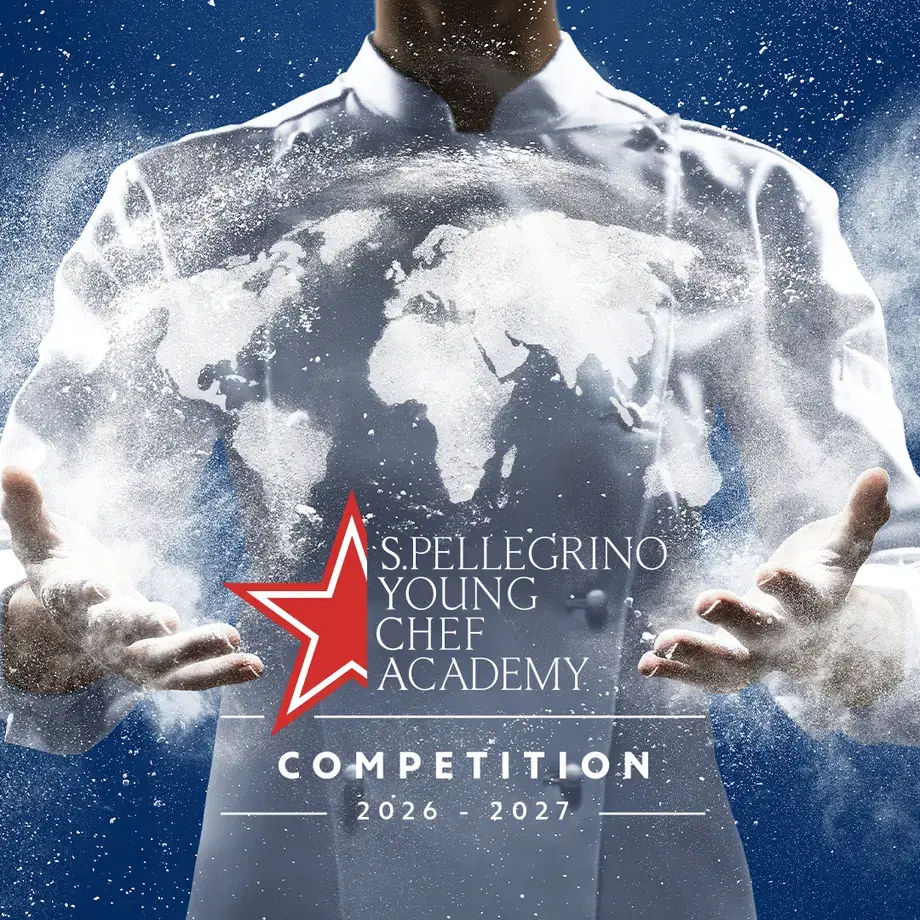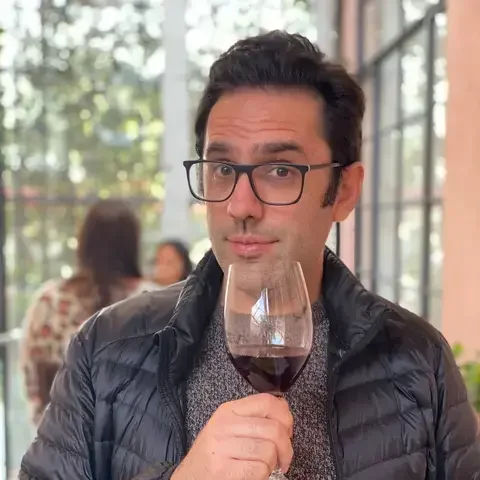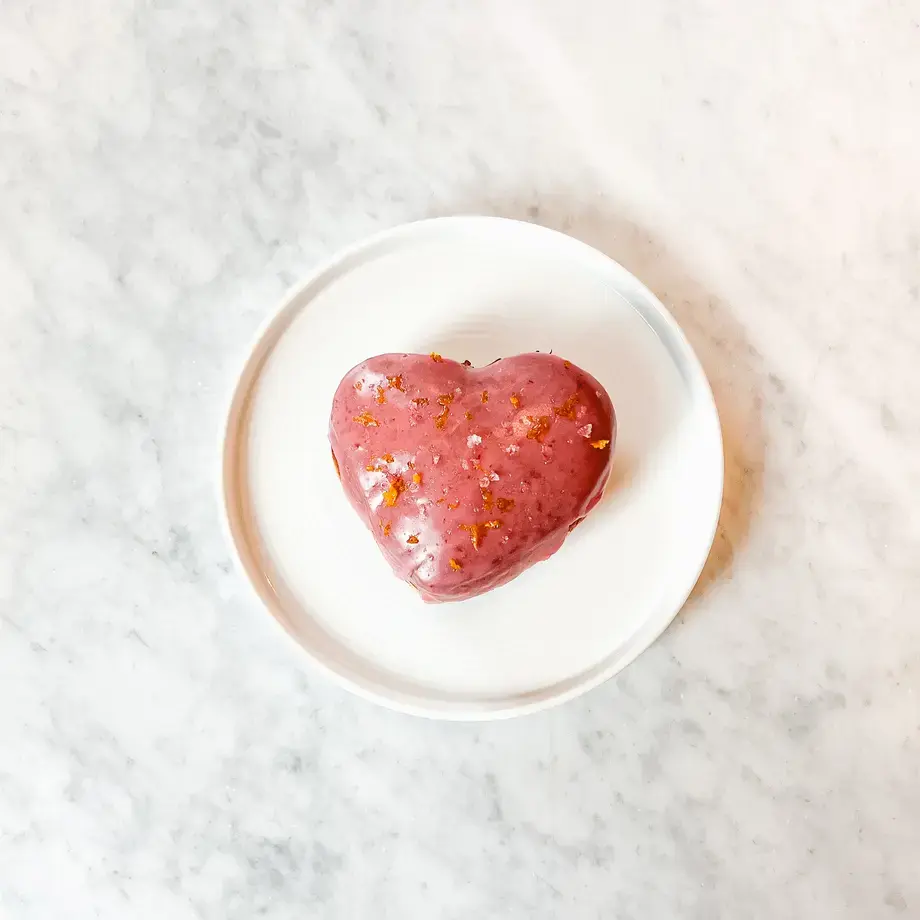Enrique Olvera doesn’t talk about growth the way most chefs do. He doesn’t use words like “portfolio,” “rollout,” or “expansion strategy.” Instead, he reaches for a metaphor from agriculture—specifically, the milpa, the traditional Mexican system of growing corn alongside other complementary crops. It’s a method built on balance, biodiversity, and respect for the land.
That, in a word, is how Olvera thinks about restaurants. Not as a unified brand, but as a collection of site-specific expressions—each one rooted in place, nurtured by philosophy, and reflective of Mexico’s rich culinary heritage. “We don’t want to be a monoculture,” he says. “We want different representations of restaurants in different locations.”
The Origins and Structure
Olvera opened Pujol in Mexico City in 2000. At the time, it was a revelation—modern Mexican cooking with fine-dining precision, local ingredients, and a spirit that felt both rooted and revolutionary. That restaurant would become the foundation of Casamata, the hospitality group Olvera quietly built over the following two decades. In the years that followed, he resisted the standard path of scaling a concept or duplicating a flagship. Instead, he slowly cultivated new spaces, each one shaped by its own rhythm and purpose.
The first offshoots were casual: Eno, a Mexico City café offering tortas and seasonal salads, which grew into a multi-location neighborhood staple. Then came a second wave, with more ambitious restaurants like Cosme and Atla in New York, Manta in Los Cabos, and Criollo in Oaxaca. More recently, he’s opened Damian in Los Angeles and Carao in Nayarit.
Today, the group includes 14 restaurants—spread across Mexico and the United States—with no two exactly alike. “It was never about creating a group in the traditional sense,” Olvera says. “It just evolved that way.”

